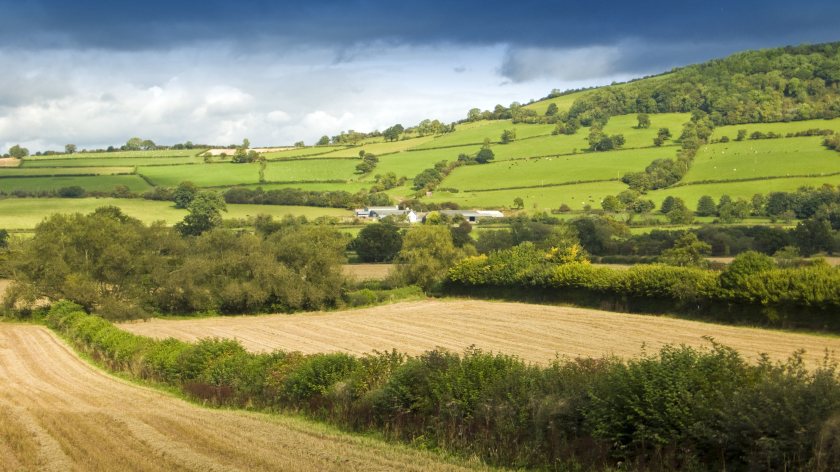
Farmers are being urged to prepare as the government gets ready to announce the locations for a major new towns programme – the largest housebuilding effort since the post-war era.
The industry continues to press the government for clarity ahead of the expected release of a list of proposed sites for large-scale settlements in England, each comprising at least 10,000 homes.
Originally due in July, the announcement has been delayed, with no confirmed date from the Ministry of Housing, Communities and Local Government, despite concerns that the programme could significantly affect farmland and rural communities.
The NFU has been engaging with ministers to obtain clearer information and to secure a role in the development of the programme.
A key focus is understanding how the scheme may impact agricultural land. However, the NFU reports that the Ministry has so far “declined to engage or confirm a specific announcement date.”
In response to enquiries, the Ministry said it welcomes the union's “views on the impact new towns may have on agriculture and existing rural communities” and has asked for its “thoughts and recommendations.”
The New Towns Taskforce, an independent expert panel established in September 2024, is overseeing site selection and delivery strategy.
The group includes 10 specialists in planning, infrastructure, architecture and regeneration. It has reviewed a shortlist of sites and conducted a broad range of stakeholder engagement, including a Call for Evidence which concluded last year.
Private engagement events have also been taking place to gather public feedback on what the new towns should include.
While the exact details of each settlement are not yet confirmed, they are expected to fall into one of three categories: New settlements on undeveloped land; urban regeneration projects; and extensions to existing settlements.
Each site will require years of infrastructure development due to their significant scale and complexity. To manage delivery, new development corporations (quangos) will be established for each town.
These organisations will handle local engagement, planning disputes and timelines, with a stated aim to reflect local perspectives throughout the process.
The NFU is continuing to call for transparency and the protection of productive farmland wherever possible.
Members who believe they may be affected – particularly those near growing urban areas or who hold large parcels of undeveloped land – are being urged to contact CallFirst or their local NFU representative.
“The NFU will continue to provide updates on the programme and continually push to ensure that the government hears the needs of farmers and landowners across the country,” the union said.
